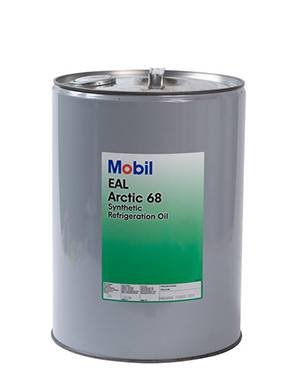Նյմ . 21, 2024 02:45 Back to list
level measurement tool
The Importance of Level Measurement Tools in Various Industries
Level measurement tools play a crucial role in numerous industries, from manufacturing and chemical processing to water management and food production. These instruments are essential for ensuring the efficiency and safety of operations by providing accurate data about the level of materials in tanks, silos, and other containers. In this article, we will explore the significance of level measurement tools, their types, applications, and the benefits they bring to various sectors.
Understanding Level Measurement
Level measurement refers to the technique of determining the amount of liquid, solid, or granular material present in a container or space. Accurate level measurement is critical because it helps prevent overflows, maintains optimal inventory levels, and reduces waste. Modern level measurement tools have advanced significantly, leveraging technologies such as ultrasound, radar, capacitance, and laser to deliver precise readings.
Types of Level Measurement Tools
1. Ultrasonic Level Sensors These utilize sound waves to measure the distance to the surface of a material. The sensor emits ultrasonic pulses that reflect off the material's surface, and the time taken for the echo to return is used to calculate the level. Ultrasonic sensors are non-contact devices, making them suitable for various applications, including water treatment plants and chemical storage.
2. Radar Level Sensors These sensors use microwave radar signals to determine the level of materials. Like ultrasonic sensors, they can be employed non-contact, which makes them ideal for high-pressure, high-temperature, or vacuum environments. Radar sensors are commonly used in oil and gas industries, mining operations, and food processing.
3. Capacitive Level Sensors These sensors measure the change in capacitance caused by the presence of a material at a specific level. They are effective for both liquids and solids and can be used in a variety of applications, including pharmaceuticals and plastics processing.
4. Laser Level Sensors By emitting laser beams to determine distance, these sensors deliver high accuracy and are often used in harsh environments. They are particularly effective for measuring the level of granular materials and are widely used in bulk material handling industries.
5. Float Level Sensors These traditional devices use a floating mechanism connected to a rod or switch. As the level of the liquid changes, the float moves accordingly, providing a direct measurement. Float level sensors are simple and cost-effective, making them ideal for basic applications.
Applications of Level Measurement Tools
Level measurement tools are applied across various sectors
level measurement tool

- Chemical Industry Accurate level measurement is vital in chemical manufacturing to prevent spills and ensure safety. Sensors provide real-time data, helping operators manage hazardous materials effectively.
- Water Treatment Level measurement is crucial in wastewater treatment plants to monitor the levels of wastewater and ensure efficient operation of treatment processes.
- Food and Beverage In food manufacturing, maintaining the correct levels of ingredients and liquids is essential for production quality and compliance with health regulations
. Level measurement tools help maintain consistency in production lines.- Oil and Gas Level sensors are used in tanks and silos to manage inventory and prevent spills in critical environments.
- Mining In mining operations, accurate level measurement helps monitor the levels of slurry and other materials, ensuring safe and efficient processing.
Benefits of Using Level Measurement Tools
1. Improved Safety By providing real-time data, level measurement tools help prevent overfilling and spills, reducing the risk of accidents and environmental hazards.
2. Operational Efficiency Accurate level measurement aids in inventory management and resource optimization, allowing companies to operate more efficiently and reduce costs.
3. Regulatory Compliance Many industries are required to adhere to stringent regulations regarding material handling. Level measurement tools assist in compliance by providing accurate data that can be documented and reported.
4. High Precision Modern level measurement technologies offer high accuracy and reliability, ensuring that operations can be managed effectively.
5. Reduced Maintenance Costs By preventing overflows and ensuring optimal levels, level measurement tools help reduce maintenance and cleanup costs, contributing to the financial health of an operation.
In conclusion, level measurement tools are indispensable in many industries, ensuring not only operational efficiency and safety but also compliance with regulations. As technology continues to advance, the accuracy and reliability of these tools will further improve, providing industries with the data they need to make informed decisions and maintain optimal performance. Whether in manufacturing, food production, or environmental management, the role of level measurement tools remains vital to successful operations.
-
Why Metric Trapezoidal Thread is Ideal for Precision Motion ControlNewsAug.05,2025
-
The Unique Properties of a Block of Granite for Industrial UseNewsAug.05,2025
-
The Role of Flanged Y Strainers in Preventing Pipeline ClogsNewsAug.05,2025
-
The Importance of Regular Calibration for Master Ring GagesNewsAug.05,2025
-
How a Cast Iron Surface Table Enhances Accuracy in ManufacturingNewsAug.05,2025
-
Comparing Different Check Valve Types for Optimal Flow ControlNewsAug.05,2025
Related PRODUCTS









